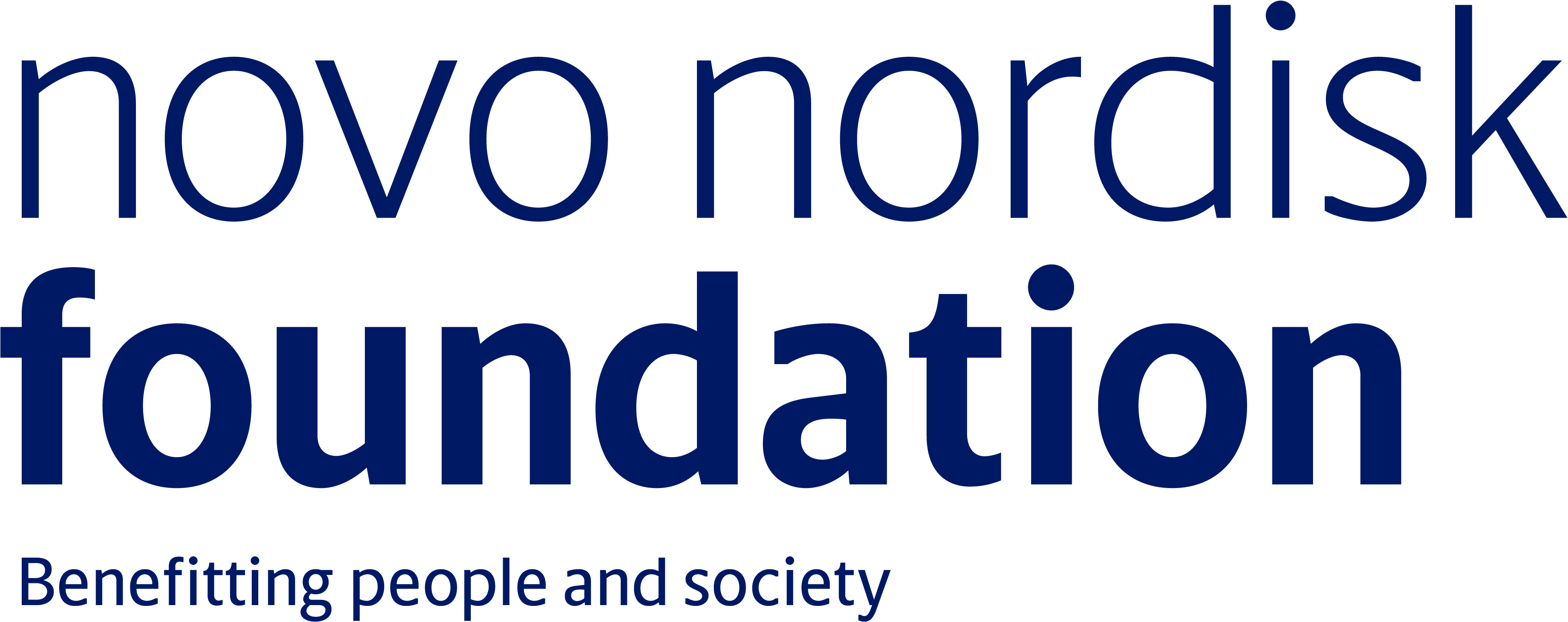Global Health Symposium: Extreme heat and health in the context of climate change
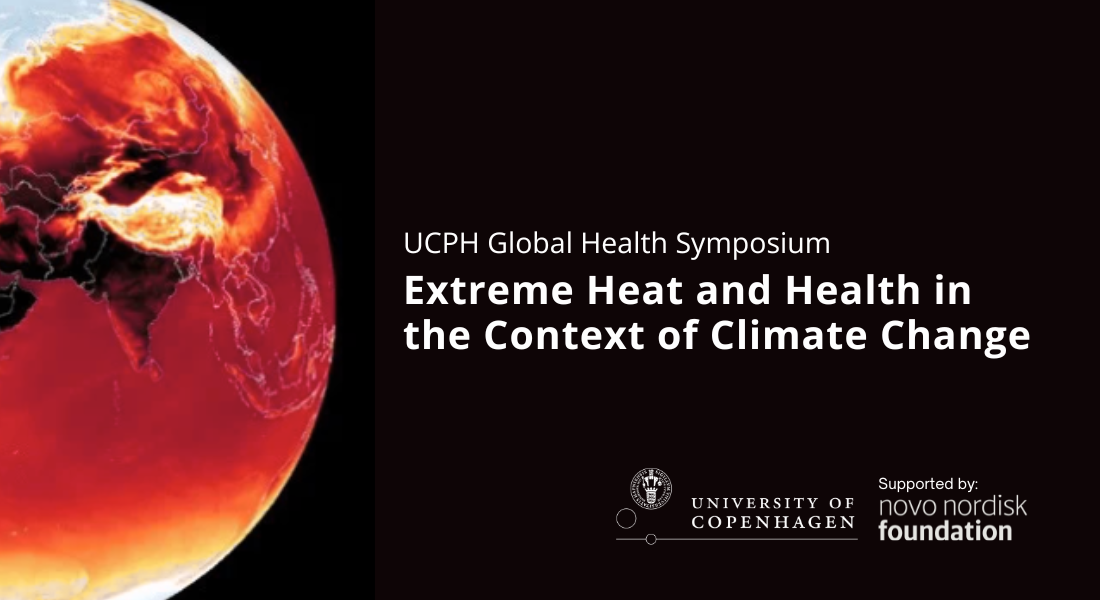
About the symposium
The goal of the annual UCPH Global Health Symposium is to highlight a global health emergency: The impact of extreme heat on public health due to climate change. In the next decade or so, heat is anticipated to emerge as one of the foremost consequences of climate change impacting public health. Although the deleterious effects of heat on health have been documented in different fields of study, we are still not adequately prepared to address this challenge on a global scale. The aim of this symposium is to bring together leading scientific experts and practitioners, young researchers, students, and the public to share and discuss the current state of research and practice globally, to promote transdisciplinary collaboration, and to identify steps needed to advance the field.
The symposium will target researchers within the field, students at universities, organisations working with health and climate change, and the public.
It is free and open to everyone. We particularly invite students and early-career researchers to join us.
The symposium is co-hosted by Copenhagen Center for Disaster Research and the School of Global Health, University of Copenhagen. The event is supported by the Novo Nordisk Foundation.
Programme
Four keynote speakers will present their research and experiences and unpack the challenges and opportunities that lie ahead. 15 abstracts have been selected for lightning talks, and several has been selected for poster presentations. On day 1, you can also listen to an international panel of experts, and participants will also be invited to work teams to analyse a real-world heat and health challenge provided by the World Weather Attribution. Both days will end with networking session with students, researchers, policymakers, practitioners, and organisations working in the field. Prior to the symposium, a workshop for invited presenters will take place, informing a journal commentary on the topic, and in the evening on 10 December, a public free-to-attend social film screening including a panel will be organised. Check out the detailed programme below (continuously updated).
Joining online?
Please find the link to the online Zoom Webinar here: https://ucph-ku.zoom.us/j/69156967855
Symposium materials
Find all keynote descriptions and selected abstracts for the lightning talks and poster presentations here.
Detailed programme
Wednesday 10 December
Venues:
Commentary workshop (by invitation only): Mærsk Tower, Room 7.15.149 (15th floor), Faculty of Health and Medical Sciences, Blegdamsvej 3B, 2200 Copenhagen N
Masterclass on climate reporting for scientists (by invitation only): Mærsk Tower, Room 7.15.149 (15th floor), Faculty of Health and Medical Sciences, Blegdamsvej 3B, 2200 Copenhagen N
Filmscreening: Cinemateket, Gothersgade 55, 1123 Copenhagen K
|
Time |
Activity |
|
10:00 – 13.45 |
Commentary Workshop (by invitation only) |
|
13:45 – 16:00 |
Masterclass (by invitation only) |
|
16:30 – 17:00 |
Arrive at Cinemateket |
|
17:00 – 19:00 |
Film screening "Too Hot to Work", followed by panel |
|
19:00 – 20:00 |
Networking with Danish Christmas snacks and drinks |
Thursday 11 December
Venue: Auditorium Victor Haderup, Building 20, Ground Floor, Faculty of Health and Medical Sciences, Blegdamsvej 3B, 2200 Copenhagen N
|
Time |
Activity |
|
08:30 – 09:00 |
Registration and morning coffee |
|
09:00 – 09:10 |
Welcome Address by Bente Merete Stallknecht, Dean, Faculty of Health and Medical Sciences, University of Copenhagen |
|
09:10 – 09:20 |
Welcome by the organisers w/ Nick Baumgart, PhD, Copenhagen Center for Disaster Research, University of Copenhagen Lena Skovgaard Andersen, Associate Professor, School of Global Health, University of Copenhagen Emmanuel Raju, Associate Professor, Copenhagen Center for Disaster Research, University of Copenhagen |
|
09.20 - 09.30 |
Ice breaker |
|
09:30 –10:30 |
Keynotes + Q&A Joyce Kimutai: A decade of the Paris agreement: Unequal heat burdens and urban resilience Zorana Jovanovic Andersen: Health effects of extreme heat |
|
10:30 – 10:45 |
Coffee break, poster session, networking |
|
10:45 – 12:15 |
Rapid fire presentations: 5 researchers x 15 min., followed by 15 min. Q&A Heat risk perception and humanitarian action
|
|
12:15 – 13:00 |
Lunch, poster session, networking |
|
13:00 – 14:15 |
Panel: Emerging interdisciplinary perspectives on extreme heat |
|
14.15 - 14.30 |
Coffee break, poster session, networking |
|
14:30 – 16:30 |
Analytical mini-case challenge: Vulnerability and exposure to extreme heat during the 2023 Sudan humanitarian crisis. Participants work in teams to analyse a real-world heat and health challenge |
|
16:30 – 17:15 |
Networking reception |
Friday 12 December
Venue: Auditorium Victor Haderup, Building 20, Ground Floor, Faculty of Health and Medical Sciences, Blegdamsvej 3B, 2200 Copenhagen N
|
Time |
Activity |
|
09:00 – 09:15 |
Registration and morning coffee |
|
09:15 – 09:20 |
Welcome by the organisers |
|
09:20 – 10:20 |
Keynote + Q&A Nausheen Anwar: Societal impacts of extreme heat in Jacobabad, Pakistan |
|
10:20 - 10.35 |
Coffee break, poster session, networking |
|
10:35 –11:35 |
Rapid fire presentations: 4 researchers x 15 min., followed by 15 min. Q&A Low-income contexts and occupational heat exposure
|
|
11:35 – 12:30 |
Lunch, poster session, networking |
|
12:30 – 13:30 |
Keynote + Q&A Laurie Goering: Hot talk: How do we help people understand the invisible threat of extreme heat? |
|
13:30 – 13:45 |
Coffee break, poster session, networking |
|
13:45 – 14:45 |
Rapid fire presentations: 4 researchers x 15 min., followed by 15 min. Q&A Gendered experiences and maternal health
|
|
14:45 – 15:00 |
Coffee break, poster session, networking |
|
15:00 – 16:00 |
Rapid fire presentations: 3 researchers x 15 min., followed by 15 min. Q&A Technicalities of temperature
|
|
16.00 - 16.15 |
Closing remarks |
|
16:15 – 17:00 |
Networking reception |
Finding your way to the auditorium
Please see the yellow wayfinding line on the map below.
When you enter from the main entrance, then go up the stairs to the right. When you encounter a long walk way, take this to the left. The Victor Haderup Auditorium is placed to your right 100 meters down the walk way.
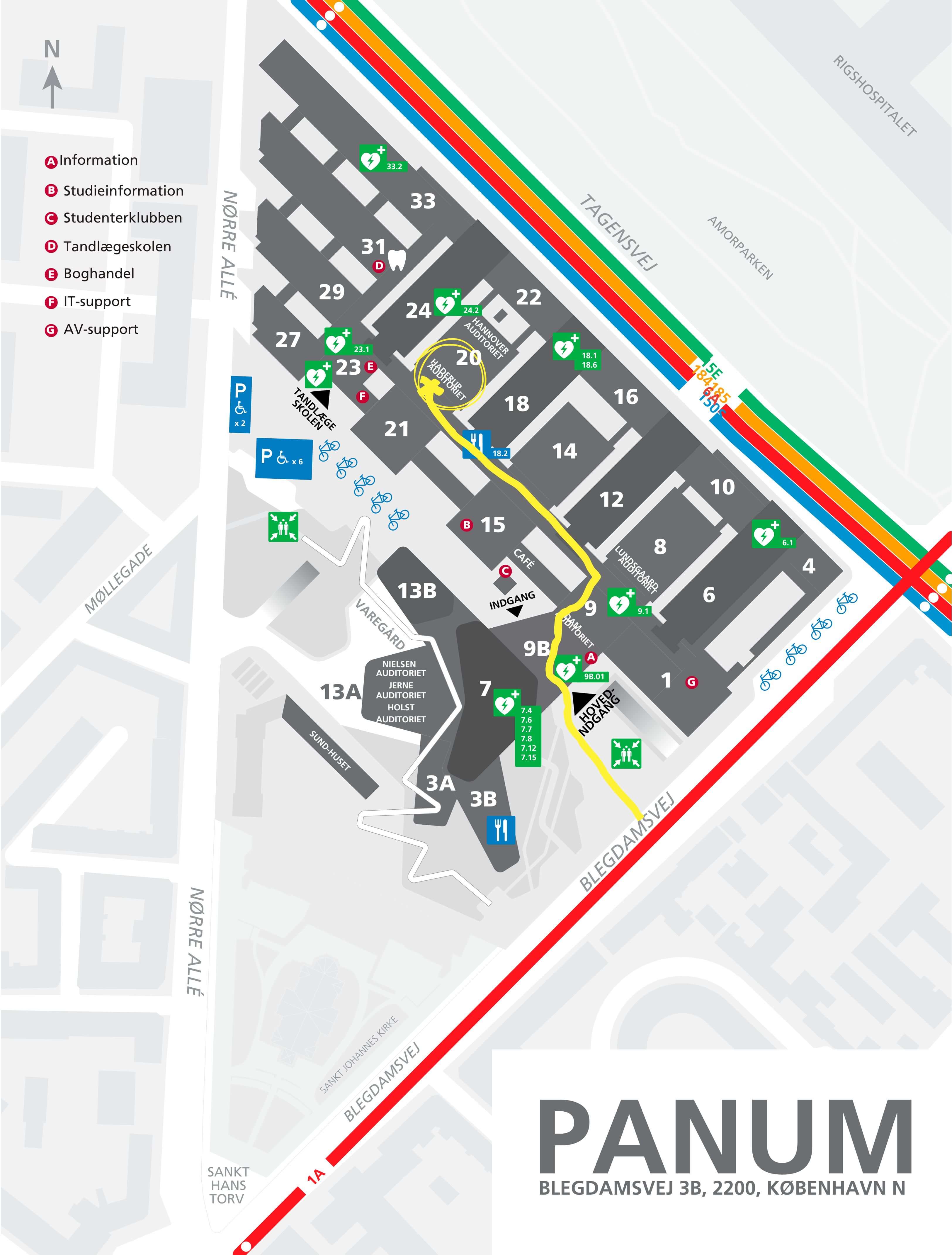
Keynote speakers
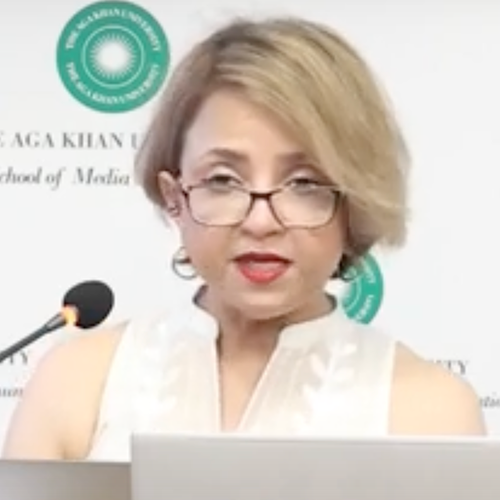 Nausheen Anwar
Nausheen Anwar
Dr Nausheen H Anwar is an internationally renowned scholar and researcher, with over 30 years of experience in academia working at critical intersections within the social sciences and health– including climate change, urbanisation, gender and thermal justice – and cutting across theory, practise and policymaking. Nausheen did her doctoral work at Columbia University, New York, and postdoctoral work at Harvard University, Boston. She studies the impact of climate change on the lives and health of poor, vulnerable groups in cities, using trans-disciplinary methodologies. Her research spans the Global South, extending from South Asia to Africa and Southeast Asia. She is presently the Climate Resilience Lead and Principal Researcher, in the Human Settlements Group at the International Center for Environment and Development (IIED), and holds a joint position as Professor of City and Regional Planning, at a leading public sector university in Pakistan – Institute of Business Administration (IBA), where she is also the Director and Founder of the Karachi Urban Lab (KUL). Nausheen has an extensive track record of publications (18+ peer reviewed articles in Tier 1 journals in addition to reports, books and book chapters); and has sought to break disciplinary silos in collaboration with medical scientists (physiologists, nutritionists, epidemiologists) to investigate and understand the consequences of climate change on human life and health. She is a strong fundraiser with a multi-million pound track record in climate resilience, urbanization, health, planning and policy, having secured £1.5M+ worth of grants from funders such as the UK Research and Innovation (ESRC, AHRC), Wellcome Trust, Novo Nordisk, British Academy, Harvard University and the International Development Research Center (Canada), to name a few.
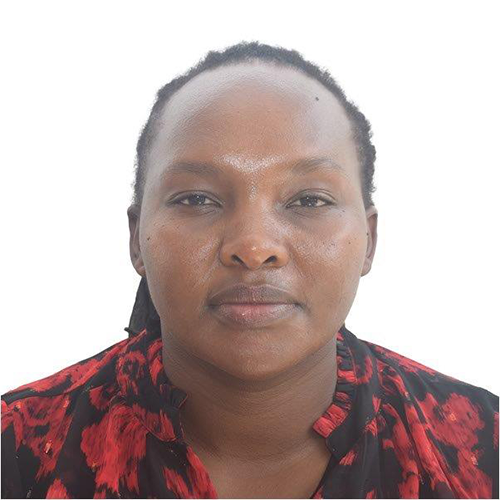
Joyce Kimutai
Dr. Joyce Kimutai is a Climate Scientist affiliated with World Weather Attribution Consortium at Centre for Environmental Policy, Imperial College London and Kenya Meteorological Services. She holds a PhD in Attribution of Climate Extremes from the University of Cape Town, with her research focusing on understanding the role of anthropogenic climate change in extreme weather and climate events to enhance climate risk awareness and inform policy and practice. She co-chairs the Climate Research Forum Working Group on Loss and Damage under FILE at the Oxford Sustainable Law Programme. She also serves as a committee member for the U.S. National Academy of Sciences Report on Attribution of Extreme Weather Events and its Impacts (2024–2026) and a member of Science Leadership Council for Mountain Research Initiative at University of Bern. Dr. Kimutai is currently the alternate Intergovernmental Panel on Climate Change (IPCC) Focal Point for Kenya and was a Lead Author for the IPCC Special Report on Climate Change and Land during the Sixth Assessment Cycle (AR6). She also negotiates for Kenya at the United Nations Framework Convention on Climate Change (UNFCCC).
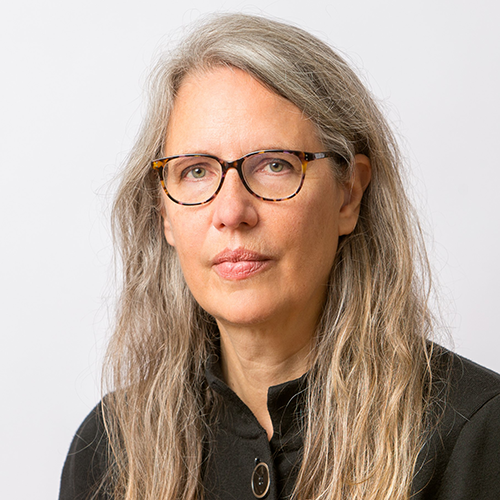 Laurie Goering
Laurie Goering
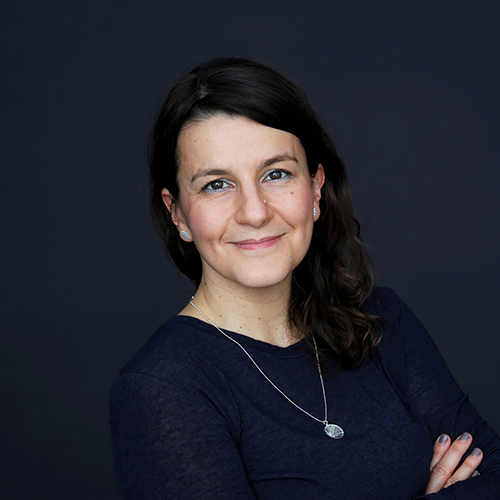 Zorana Jovanovic Andersen
Zorana Jovanovic Andersen
Panellists
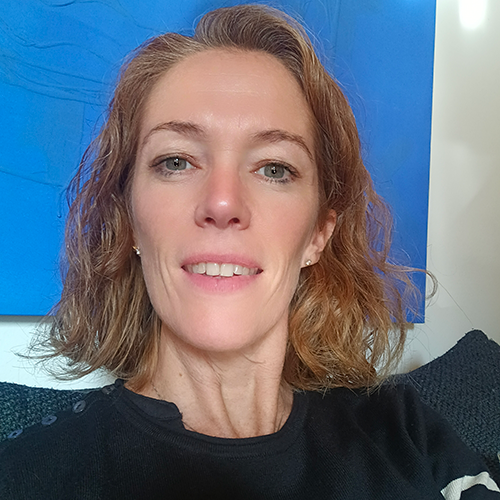 Francesca de’Donato
Francesca de’Donato
Is a Senior environmental epidemiologist at the Department of Epidemiology, Lazio Regional Health Service (DEPLAZIO) in Rome, Italy. She holds a PhD in Epidemiology and Biostatistics from Imperial College London and Master’s degrees in both Epidemiology and Applied Climatology and Meteorology.
Dr. de’Donato manages the Italian national Heat Warning System on behalf of the Ministry of Health and contributes to the Lazio Regional Heat Plan. Her research focuses on heat exposure, estimating the health effects of heat and climate change and identifying vulnerable groups most at risk for public health prevention. She is also engaged in European and national projects on defining climate change and health adaptation and resilience measures for public health and health care systems. She was recently one of the Editors of WHO EURO “Heat and health in the WHO European Region: updated evidence for effective protection” and is currently involved in the revision of the Heat health action plan guidance with WHO EUROPE.
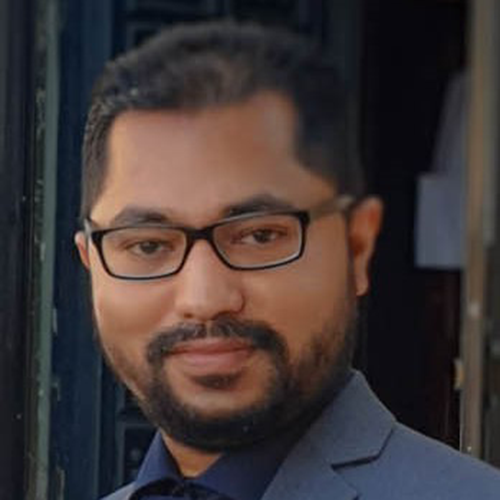 Shouro Dasgupta
Shouro Dasgupta
Dr. Shouro Dasgupta is an Environmental Economist at the Euro-Mediterranean Centre on Climate Change (CMCC) and a Visiting Senior Fellow at the Grantham Research Institute, LSE. Shouro’s research primarily concentrates on the effects on the labour force, food (in)security, health, and inequality, thereby aiding in the formulation of targeted strategies to mitigate and adapt to climate-related impacts. He is particularly interested in the effects on households and the efficacy of social protection policies in the context of climate change. Shouro leads the ISIMIP labour impacts sector and recently led the health risk evaluation for the first European Union Climate Risk Assessment mandated by the European Parliament.
Shouro is an author of the Global, Europe, Latin America, and SIDS reports of the Lancet Countdown on climate change and health. He is one of the 78 experts convened by UNFCCC to assist the UAE-Belém programme to develop indicators for measuring progress towards Global Goal on Adaptation. He contributes to food security and health indicators.
 John Rand
John Rand
Professor Rand specializes in applied development economics and conduct interdisciplinary research, focusing on the interaction between social and natural sciences. His work primarily utilizes large-scale administrative datasets to enhance our comprehension of the mechanisms and networks facilitating knowledge diffusion within society. Several of his papers have aimed at uncovering the mechanisms driving technology transfers between individuals and firms. Research includes investigating the impact of early-life shocks on decision-making processes, knowledge acquisition, and learning among individuals, as well as examining the effects of climate shocks on production and welfare. Some of his most recent work on heatwaves have found empirical support for several possible pathways linking heat exposure during pregnancy to outcomes in childhood and adulthood.

Maryam Nastar
Maryam Nastar is an associate professor in sustainability science with a focus on social aspects of sustainability issues in urban contexts. Her research brings to the fore the causal linkages between (in)equality and (un)sustainability. By uncovering the socio-political factors that shape cities’ adaptation policies to climate change, Nastar’s work critically examines how urban heat extremes disproportionately impact vulnerable and marginalized communities. Ultimately, her work aims to inform policies that foster more equitable and effective heat mitigation and adaptation strategies.
Poster presentations
In-person attendance:
- From Global Insights to Local Action: Strengthening Heat Health Warning Systems Through Hybrid and Community-Level Approaches | Presented by Sarath Chandra
- Vulnerability to Heat-Related Illnesses and Public Health Management Systems in the Era of Climate Crisis: A Spatial Analysis of Seoul |Presented by Seol A Kwon
- Estimating future temperature-related mortality in Denmark|Presented by Stine Kloster
- High-resolution Air Temperature Data for Urban Heat Island Quantification and Health Impact Assessment | Presented by Hjalte Jomo Danielsen Sørup
- Bridging the Gap Between Climate and Health Systems. The Value of Resilience in Facing Extreme Weather Events | Presented by Eloise Dagneau and Sophie Marie Ehgartner
- Integrating Observational and Modelled Data to Advance the Understanding of Heat Stress Effects on Pregnant Subsistence Farmers in The Gambia | Presented by Carole Bouverat & Ana Maria Vicedo Cabrera
- Extreme Temperatures and Respiratory Hospitalization to Mortality in Copenhagen, Denmark | Presented by Youn Hee Lim and Marie Bergmann
- The ICARUS project – exploring human heat-behaviour and psycho-physiological patterns | Presented by Elisabeth Glunz and Lars Nybo
- Maternal health protection in India's heat action plans: a policy analysis | Presented by Gabriella Cipriano Flores
- The impact of climate change on sexual and reproductive health and rights in low- and middle-income countries: a scoping review | Presented by Malachi Ochieng Arunda
Video presentation:
- School Readiness for Heat: An Assessment of Basic Facilities in Sindh, Pakistan | Presented by Ambreen Sahito
- Short-term effects of ambient temperature on neonatal mortality in Kenya: A small-area analysis approach | Presented by Elizabeth Majani Sunguti
- Heat risk in the city of São Paulo: interactions between different patterns of inequality | Presented by Luiza Sobhie Muñoz
- Empowering Women as Climate-Health Frontliners: Technology-Driven Primary Care Responses to Extreme Heat in the Sundarbans | Presented by Jaspreet Kaur
- Extreme Heat and Informal Work: Health Risks and Vulnerabilities in Delhi | Presented by Shalaka
Symposium hosts
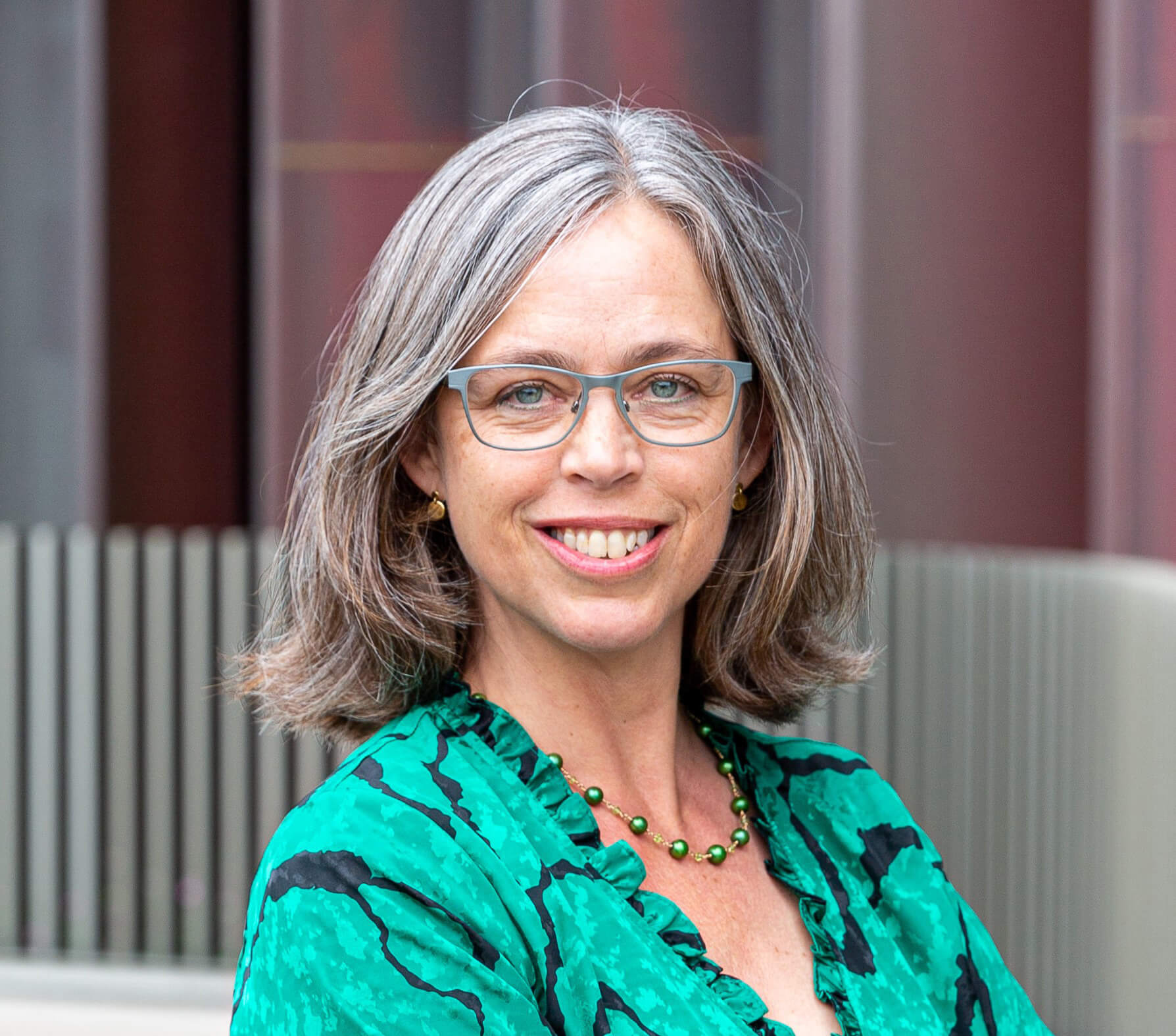
Bente Merete Stallknecht
Bente Merete Stallknecht, PhD, DMSc, is Dean of the Faculty of Health and Medical Sciences at the University of Copenhagen and Professor in Health-Enhancing Physical Activity. Her research focuses on physical activity, obesity, and metabolic diseases, and she leads the Act4Life research group. She has previously served as Prorector for Education and Head of the Department of Biomedical Sciences at UCPH. She holds additional roles at Deakin University, Center for Childhood Health, and Statens Serum Institut, and earned her MD, PhD, and DMSc from the University of Copenhagen.

Nick Baumgart
Nick Baumgart is a PhD Fellow at the Global Health Section of the University of Copenhagen, and part of the Copenhagen Centre for Disaster Research. His research explores climate change vulnerability and exposure to heat within the field of attribution science. Specifically, his PhD project examines of vulnerability and expousre factors drive differential heat impacts in informal settlements in Kenya. Moreover, he regularly contributes to vulnerability and exposure assessment of disasters in climate attribution studies with the World Weather Attribution. These studies deliver insights within days or weeks to inform the public debate on how climate change affects the intensity and likelihood of such events, while also analyzing how existing vulnerabilities amplify their impacts.
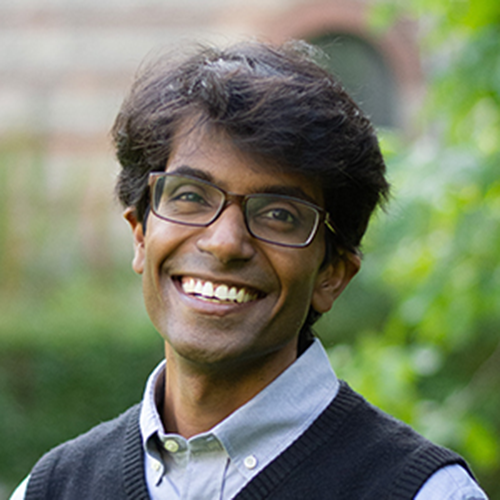
Emmanuel Raju
Emmanuel Raju is a social scientist working to untangle the drivers of disasters. Emmanuel is currently the Director of The Copenhagen Centre for Disaster Research (COPE) and an Associate Professor of Disaster Risk Management at the Global Health Section at the University of Copenhagen (UCPH). Emmanuel is currently the Head of Studies for the Master of Disaster Management education at UCPH. He is also an ‘Extraordinary Associate Professor’, at North-West University, South Africa. He is the Co-Editor of the leading Disaster Prevention and Management journal. From 2024, he is a fellow at the International Science Council.
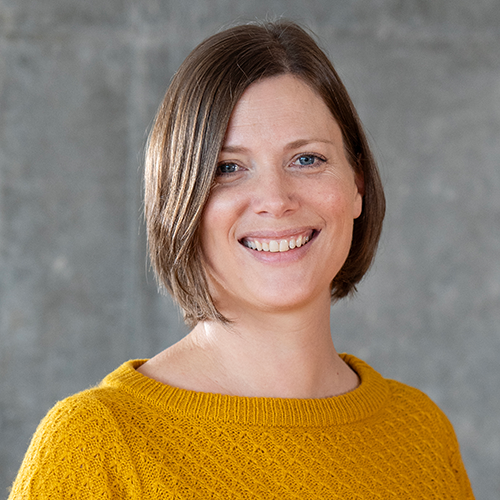 Lena Skovgaard Andersen
Lena Skovgaard Andersen
Lena Skovgaard Andersen, PhD, is an Associate Professor of Global Mental Health at the University of Copenhagen, where she also serves as Director of the School of Global Health. She holds an honorary appointment with the HIV Mental Health Research Unit at the University of Cape Town. A clinical psychologist by training, her research focuses on developing and evaluating evidence-based psychosocial interventions for chronic illness and mental health, particularly among marginalized populations. Her work is primarily centered in sub-Saharan Africa.
Analytical case challenge
For the analytical case challenge about Vulnerability and exposure to extreme heat during the 2023 Sudan humanitarian crisis please see this Google Drive folder for the materials.
Abstract submission
Submission deadline has passed. Read more about abstract submission here.
Supported by
